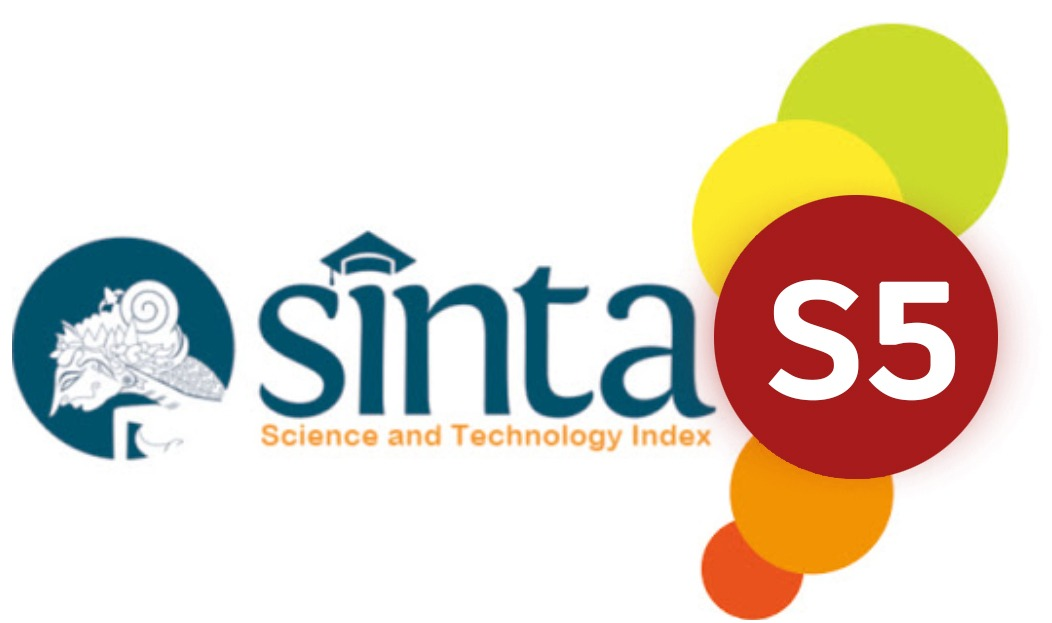Dampak Job Matching pada Pekerja Migran Indonesia dalam Program Tokutei Ginou bidang Kaigo ke Jepang
Abstract
This study aims to analyze the impact of the job matching system on the placement and adaptation of Indonesia migrant workers in the Tokutei Ginou program in the caregiving (kaigo) sector in Japan. Against the backdrop of Japan’s aging population and labor shortage in the caregiving sector, this research identifies challenges and examines language and skill limitation affecting the adaptation and performance of Indonesia migrant workers. A qualitative research method was employed, including literature review, online observations in caregiving-related WhatsApp groups, document analysis, and questionnaire data from 25 respondents, divided into independent applicants (9 respondents) and vocational training institution applicants (16 respondents). The study results indicate that that job matching system faces challenges related to accurate information, language proficiency, specific skills, and placement preferences.
Further analysis reveals that although independent applicants actively utilize job matching programs and social media, they experience difficulties in cultural adaptation and communication. Meanwhile, vocational training institution applicants find the visa process relatively easy but face challenges regarding benefits and job types. These obstacles affect the communication, cultural adaptation, and social integration of Indonesian migrant workers. This study highlights the importance of enhancing language and skill training relevant to workplace needs, providing transparent job vacancy information through IPKOL and P3MI, strengthening coordination between vocational training institutions and relevant stakeholders, and conducting periodic evaluations of the job matching system.
Keywords: Job matching, Indonesia migrant workers, tokutei goinou, kaigo
Keywords
DOI: 10.33751/idea.v7i1.12012
Refbacks
- There are currently no refbacks.
Copyright (c) 2025 IDEA : Jurnal Studi Jepang

This work is licensed under a Creative Commons Attribution-ShareAlike 4.0 International License.








